
Dr Julien Bergeron
Senior Lecturer
Research interests
- Biomedical and life sciences
Biography
Dr Julien Bergeron is a Senior Lecturer in the Randall Centre for Cell & Molecular Biophysics, School of Basic & Medical Biosciences.
Bergeron Lab:
Protein nano-machines are large macromolecular assemblies that perform a mechanical function, such as rotation (bacterial flagellum, ATP synthase), extension/contraction (cytoskeleton elements, pili) or macromolecular transport (protein secretion systems). We use structural methods (cryo-EM, NMR spectroscopy, X-ray crystallography, modeling etc...) combined with biophysical techniques to decipher the structure of these assemblies. Our goal is to exploit this information to understand their mechanism of action, and their assembly. Ultimately, this could be used for the design of nanotechnology devices, as well as for developing new drugs.
Research

Bergeron lab
Using cryo-Electron Microscopy, combined with X-ray crystallography, NMR and other biophysical methods, to study the structure and mechanism of protein nano-machines.
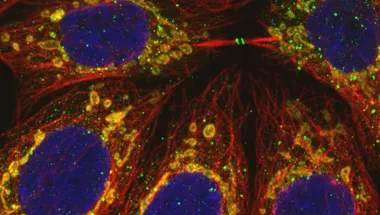
Lipids and Membranes Research Interest Group
A Lipids and Membranes Research Interest Group
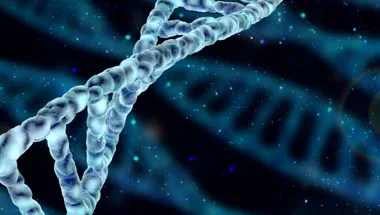
RNA Biology
RNA is at the forefront of biomedical research for its central role in how information is transferred from DNA to protein. This Research Interest Group is open to all interested parties from across the University.

King’s MechanoBiology Centre (KMBC)
The King’s MechanoBiology Centre gives a common platform for researchers across different disciplines with complementary interests in mechanobiology

The Multiscale Biofilm Research Hub (MBRH)
The Multiscale Biofilm Research Hub (MBRH) has been established to promote interdisciplinary interactions and focus microbial biofilm related research at King’s.

Biofilms at mucosal surfaces
The study of dental caries, periodontitis, vaginal dysbiosis, chronic inflammatory diseases & infections within the oral cavity, intestinal tract & lungs
Project status: Ongoing

Microbes in Health & Disease
The Microbes in Health & Diseases Research Interest Group aims to foster collaboration across departments and faculties at KCL to explore the multifaceted role microbes play in health and disease.
News
King's spin-out company awarded Innovate UK Biomedical Catalyst funding
King's College London spin-out company Prosemble, co-founded by Dr Julien Bergeron, has been awarded Innovate UK funding as part of the Biomedical Catalyst to...

Scientists target 'molecular machine' in the war against antimicrobial resistance
Scientists have studied a new target for antibiotics in the greatest detail yet – in the fight against antibiotic resistance.
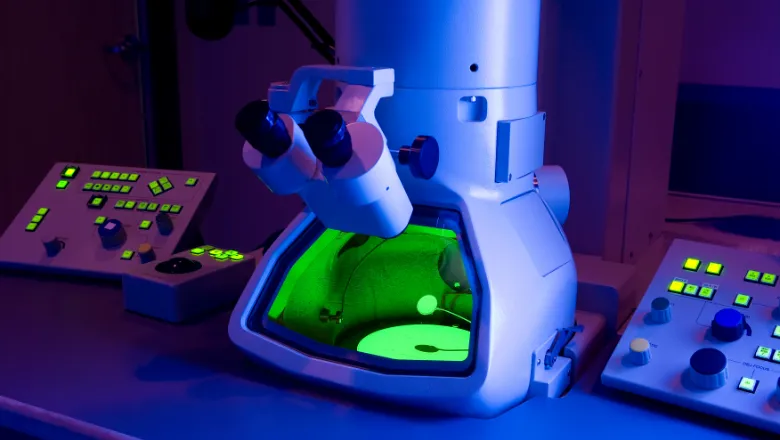
Newly identified bacterial protein to help with design of cancer drug delivery system
Researchers have identified a previously unknown bacterial protein, the structure of which is being used in the design of protein nanoparticles for the...

Meet the Spinouts on King's Spinout Accelerator
10 spinouts derived from King’s research community will explore the commercial potential of their research on the King’s Spinout Accelerator.
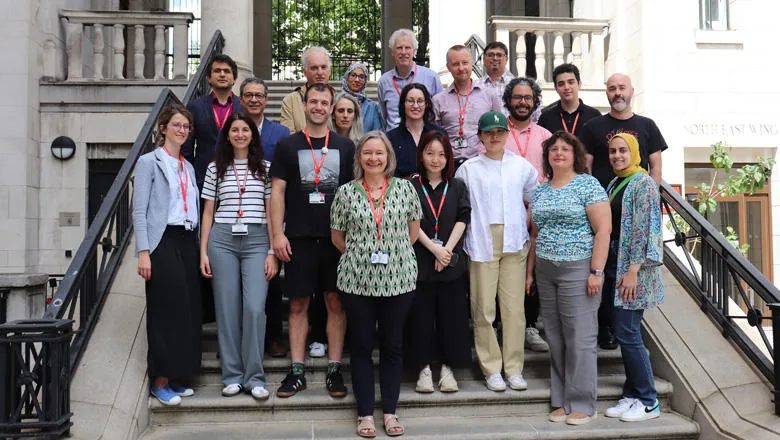
Cell imaging could provide next step for developing synthetic photosynthesis
An unprecedented imaging analysis of cyanobacteria provided new insights into its structure and organisation that could help synthetically replicate...
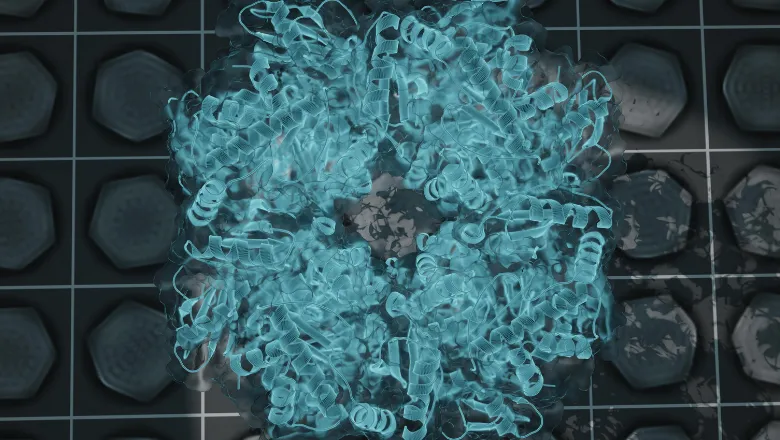
New microscope allows researchers to study molecules at the level of individual atoms
King’s has been awarded £1 million to purchase the next-generation cryo-electron microscope, which promises to enhance research across the University

Bacteria that cause dysentery also actively block body's ability to fight the infection
Scientists reveal that Shigella tricks the immune system, hindering the body’s ability to mount an effective immune response against infection
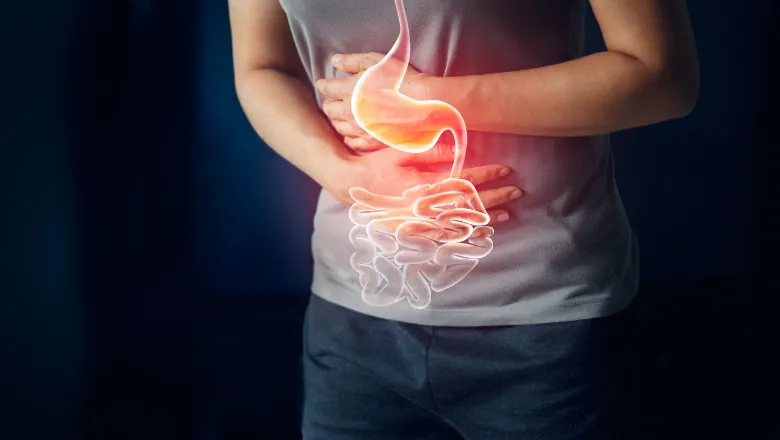
Cryo-electron microscopy study unveils molecular details of bacterial cell division
New research from the Bergeron Lab has profound implications on our fundamental understanding of bacterial cell division.

Dr Julien Bergeron wins prestigious Human Frontiers Science Program grant
The award worth $1.2 million will support research into the structural characterisation of macromolecules involved in bacterial virulence.
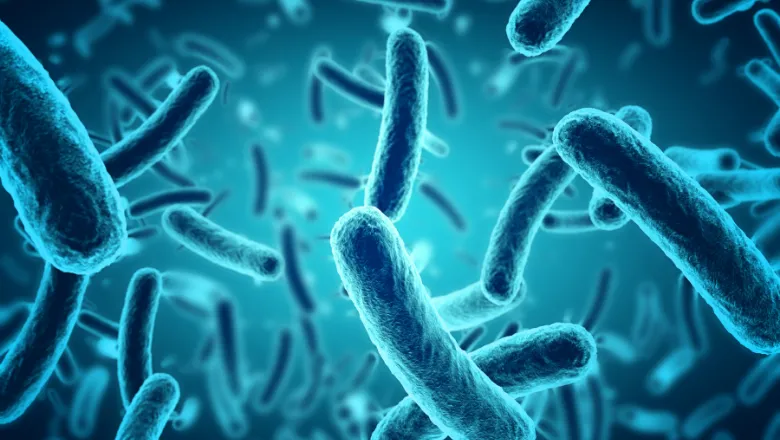
Features
Reflections on King's Spinout Accelerator
The King’s Spinout Accelerator offers a unique pathway to fast-track groundbreaking innovations from research, but what’s the experience like for academics...

Spotlight with Iryna Peretiazhko: Scientist and Ukrainian Refugee
Iryna Peretiazhko travelled to the UK in 2022 through the Ukraine Sponsorship Scheme for refugees and is now a Research Assistant in the School of Basic &...

Research

Bergeron lab
Using cryo-Electron Microscopy, combined with X-ray crystallography, NMR and other biophysical methods, to study the structure and mechanism of protein nano-machines.

Lipids and Membranes Research Interest Group
A Lipids and Membranes Research Interest Group

RNA Biology
RNA is at the forefront of biomedical research for its central role in how information is transferred from DNA to protein. This Research Interest Group is open to all interested parties from across the University.

King’s MechanoBiology Centre (KMBC)
The King’s MechanoBiology Centre gives a common platform for researchers across different disciplines with complementary interests in mechanobiology

The Multiscale Biofilm Research Hub (MBRH)
The Multiscale Biofilm Research Hub (MBRH) has been established to promote interdisciplinary interactions and focus microbial biofilm related research at King’s.

Biofilms at mucosal surfaces
The study of dental caries, periodontitis, vaginal dysbiosis, chronic inflammatory diseases & infections within the oral cavity, intestinal tract & lungs
Project status: Ongoing

Microbes in Health & Disease
The Microbes in Health & Diseases Research Interest Group aims to foster collaboration across departments and faculties at KCL to explore the multifaceted role microbes play in health and disease.
News
King's spin-out company awarded Innovate UK Biomedical Catalyst funding
King's College London spin-out company Prosemble, co-founded by Dr Julien Bergeron, has been awarded Innovate UK funding as part of the Biomedical Catalyst to...

Scientists target 'molecular machine' in the war against antimicrobial resistance
Scientists have studied a new target for antibiotics in the greatest detail yet – in the fight against antibiotic resistance.

Newly identified bacterial protein to help with design of cancer drug delivery system
Researchers have identified a previously unknown bacterial protein, the structure of which is being used in the design of protein nanoparticles for the...

Meet the Spinouts on King's Spinout Accelerator
10 spinouts derived from King’s research community will explore the commercial potential of their research on the King’s Spinout Accelerator.

Cell imaging could provide next step for developing synthetic photosynthesis
An unprecedented imaging analysis of cyanobacteria provided new insights into its structure and organisation that could help synthetically replicate...

New microscope allows researchers to study molecules at the level of individual atoms
King’s has been awarded £1 million to purchase the next-generation cryo-electron microscope, which promises to enhance research across the University

Bacteria that cause dysentery also actively block body's ability to fight the infection
Scientists reveal that Shigella tricks the immune system, hindering the body’s ability to mount an effective immune response against infection

Cryo-electron microscopy study unveils molecular details of bacterial cell division
New research from the Bergeron Lab has profound implications on our fundamental understanding of bacterial cell division.

Dr Julien Bergeron wins prestigious Human Frontiers Science Program grant
The award worth $1.2 million will support research into the structural characterisation of macromolecules involved in bacterial virulence.

Features
Reflections on King's Spinout Accelerator
The King’s Spinout Accelerator offers a unique pathway to fast-track groundbreaking innovations from research, but what’s the experience like for academics...

Spotlight with Iryna Peretiazhko: Scientist and Ukrainian Refugee
Iryna Peretiazhko travelled to the UK in 2022 through the Ukraine Sponsorship Scheme for refugees and is now a Research Assistant in the School of Basic &...

